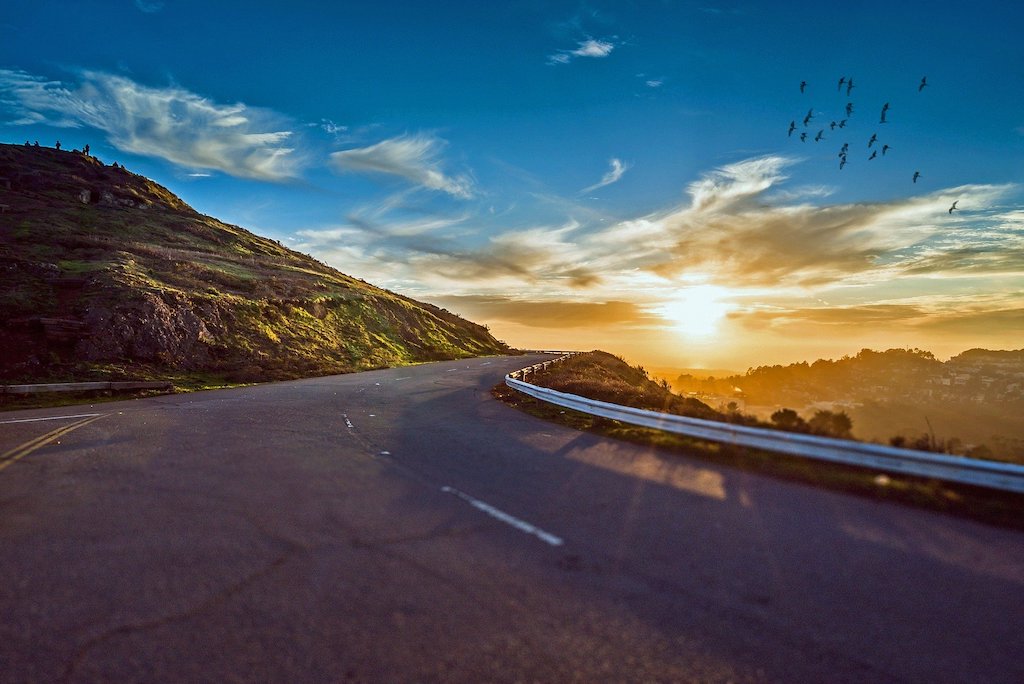Covid-19 is one of the biggest challenges that destination marketing organisations (DMOs) across the globe have ever-faced. How destinations respond to this crisis will have a huge impact on how quickly travel and tourism recovers. But with so much uncertainty over when people will be able or willing to travel again – navigating the next few months won’t be easy. So what can and should DMOs focus on? Push the Horizon Founder Huw Williams shares his top five tips here…
1) Be a trusted source of information
It’s almost a truism to say that the situation surrounding Covid-19 changes daily. DMO websites have long been seen as a trusted source of information for travellers. It’s important that these sites include details on the current advice when considering travel to a destination. This will be essential when air travel begins to open up as, inevitably, restrictions and protocols will differ between countries and, in many cases, between regions within countries. It’s concerning that some DMO sites have no mention of Covid restrictions. Others, including the main tourism sites for Britain and Australia, are providing up to date information.
2) Stay positive
DMO’s in destinations affected by natural disasters know all too well that negative images and text stay online long after life has returned to normal. Covid 19 is a global problem. Whilst it’s important to provide up-to-date information on any restrictions, it makes sense for DMO’s to avoid ‘closed for business’ messages and content that is more likely to be shared or referenced later including empty attractions, bars and beauty spots.
3 ) Use increased online traffic to your advantage
In developed markets, where a lock down has been imposed, internet usage has risen by between 50% and 70%. Unfortunately for the leisure and meetings industries internet searches for ‘holidays’ and ‘meeting venues’ are at an all time low. By contrast, in the UK at least, there are 50% more searches for information about films to watch. Visit Britain have embraced this trend by including information on ‘binge-worthy’ TV on their web site together with details of their top Harry Potter film locations in England, Scotland and Wales. The challenge is to benefit from the increased traffic and engage potential future travellers with interesting, inspiring story telling. And, if you have the budget for paid media, it’s good to know that online ad rates are around 30% lower than a year ago.
4) Help your attractions
Whether travelling for business or pleasure, the appeal of a destination will rest heavily on what it has to offer in terms of culture, entertainment and food. This ‘supply side’ often comprises myriad small, independent businesses that bring a unique atmosphere and flavour to a destination. Without them, even those places with iconic attractions and world-class hotels can feel soulless. Many of these will be overwhelmed with the task of making sure they have a business to return to when these barren times pass. DMO’s should consider how they can support and help them. Visit Bristol are offering visitors and residents the opportunity to ‘Pay it Forward’ by purchasing vouchers for future visits to attractions, hotels and restaurants.
5 ) Plan and look forward
One thing we can be sure of is that leisure and business travel will change fundamentally after this crisis is over. The best companies, and the most forward looking DMO’s will use this time to plan and put themselves in the best position for when business starts to return. There are many areas to think about. Here are two to consider. The first is for DMO’s and Convention Bureaus to consider how likely new guidelines concerning testing and safety might be implemented. If travellers are tested for Covid-19 on arrival at the airport, do they also need to be tested on entry to a conference venue? A holistic, multi-partner approach will be needed. Secondly, for DMO’s more broadly, are relationships with partner attractions, hotels and restaurants as supportive as they could be? This crisis will have shown how important leisure and business travel is to peoples’ lives and livelihoods. Is there a better model for the future?

